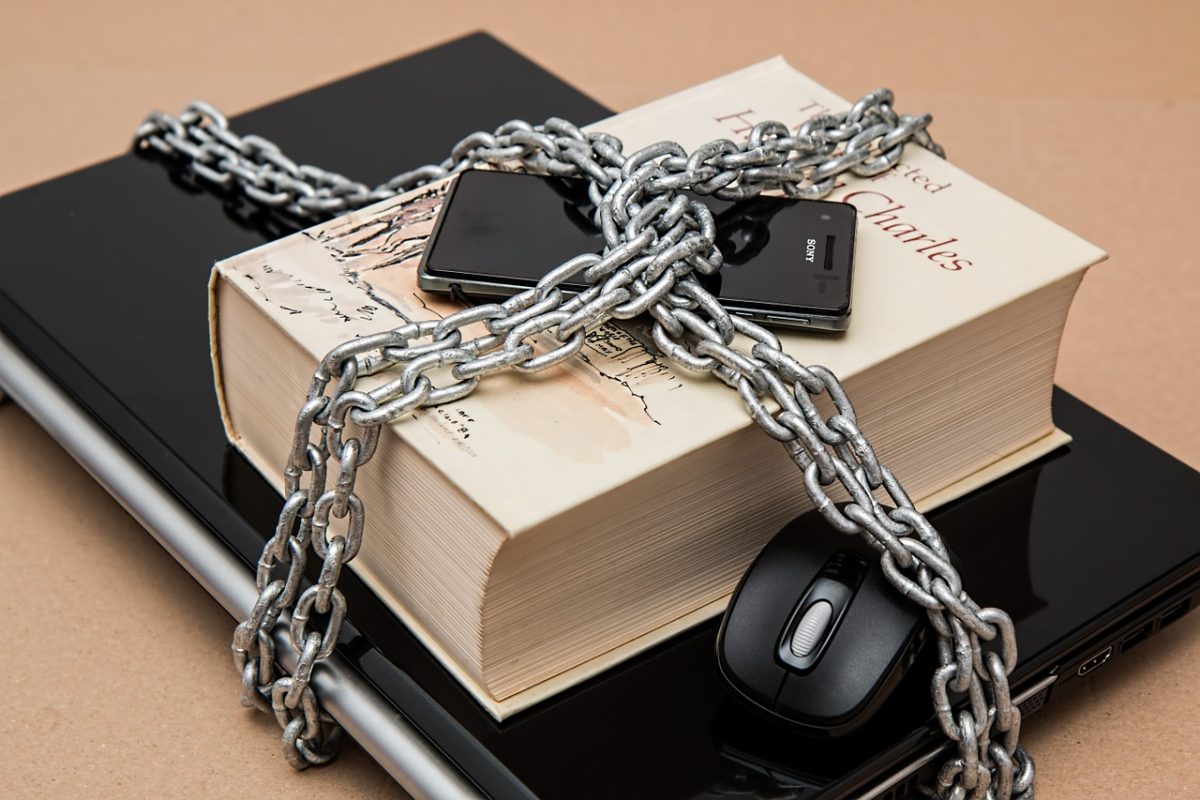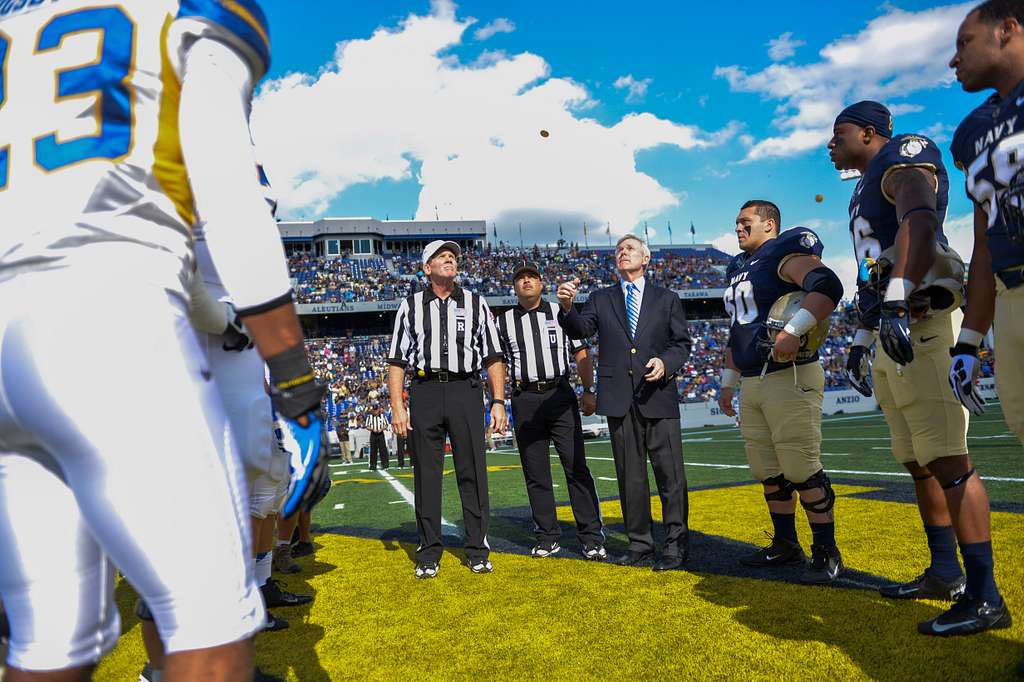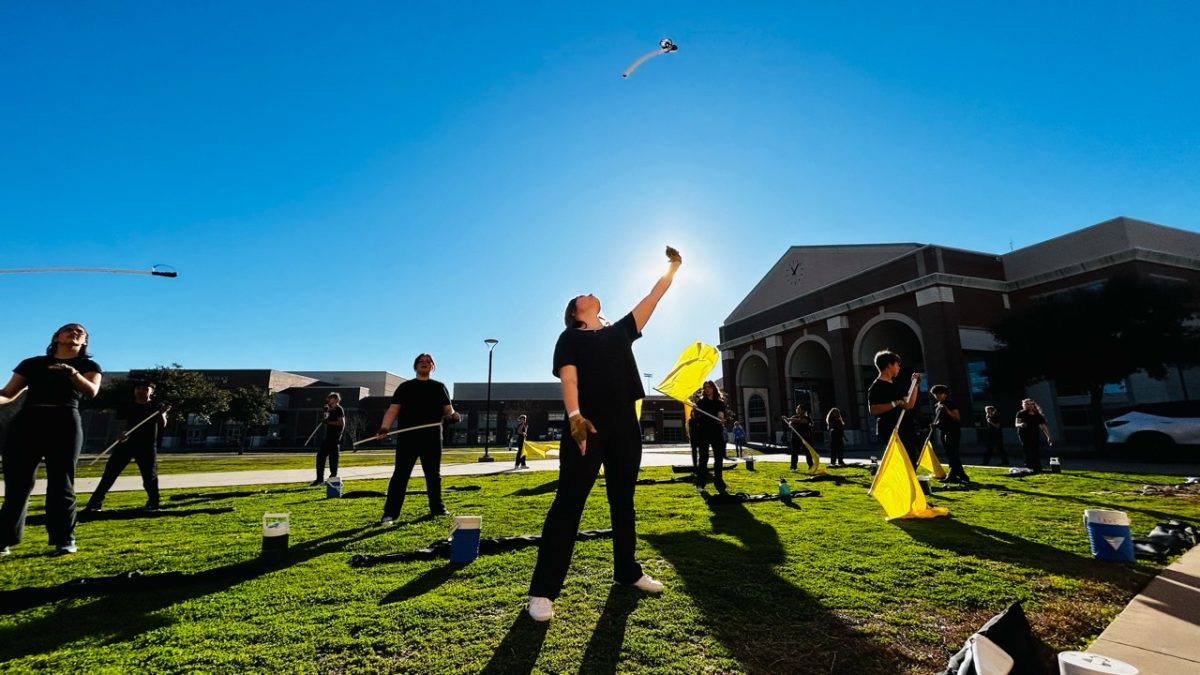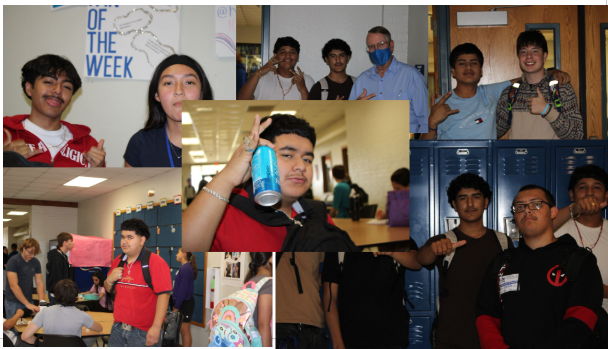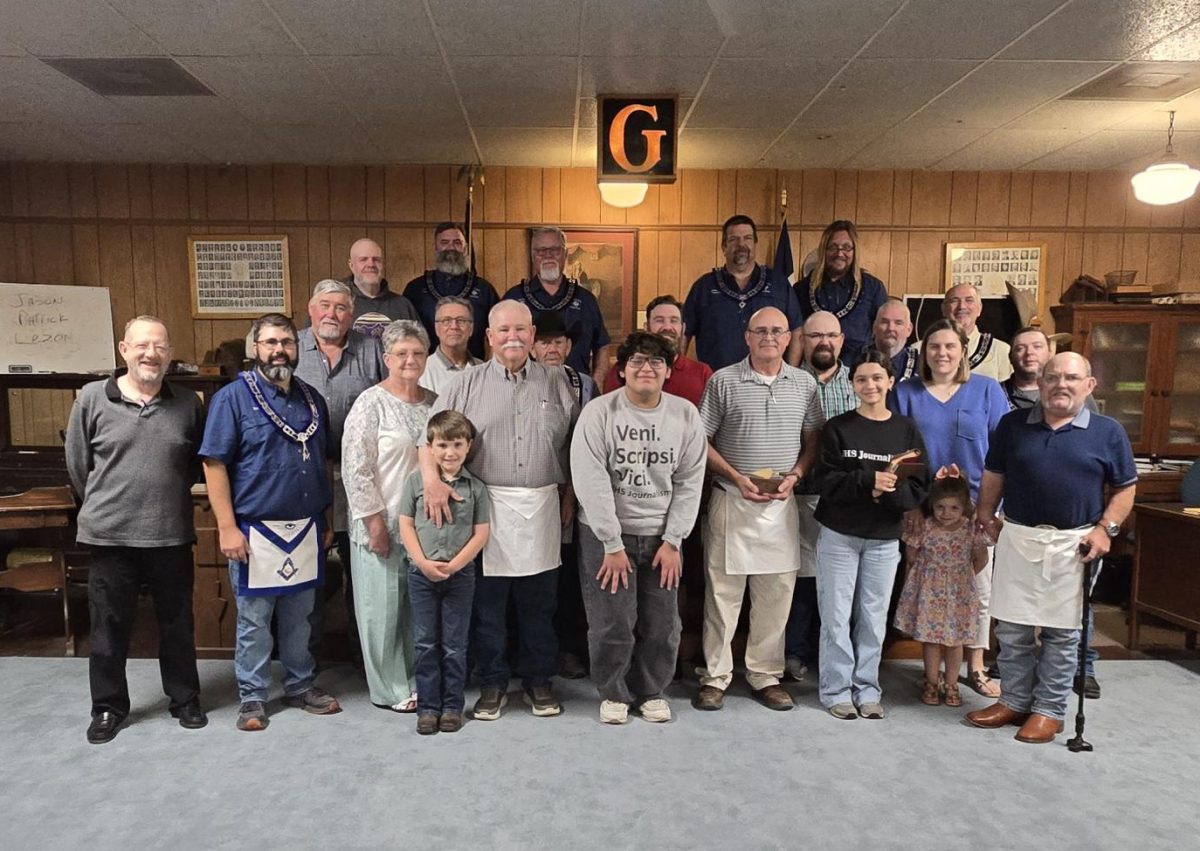Secrets, rumors, drama.
The right steps toward wrong-doings.
Teens spread misinformation and often, it is done out of malice. Other times, lies are spread through miscommunication or complete accidents. However, spreading any kind of drama is highly contagious in a high school environment; it can lead to misconception en masse.
“Young people see no value in researching the truth,” English teacher Celeste Zachry said. “[They] are easily deceived and love hearing themselves talk.”
Many indulge much time in others’ lives because they are full of self-hatred or are unhappy in their lives and wish to make others feel that way as well. There are also a minority of people who talk about others with good intentions, the ones who are genuinely concerned for the other party’s well-being and are reaching out to others for help. Others feel knowing the latest buzz will make them feel validated to or in control of others.
“Once, a very good student of mine wrote an appreciation note to me stating how much my class challenged him. In this note he quoted Socrates. The quote read as follows: ‘Strong minds discuss ideas, average minds discuss events, weak minds discuss people,’” English teacher Angela Nichols said. “The majority of our youth do not read books, do not pay attention to the world around them, and possess very little imagination to engage in any other activity but discussing other people’s lives.”
Some teens go looking for things they shouldn’t and by doing this they not only invade others’ privacy, but could also lose trust from the opposite party. Sometimes they feel disappointed or betrayed when finding information they might not know the full story to.
“If I found something on someone I’m close to, then I’d definitely feel disappointed about finding something bad about them,” junior Mary Stiles said. “However, if I don’t like that person, sometimes it can be exciting to find things on that person, but if you have good morals, I think you should not be overly excited or ready to spread information on [that] person.”
Teens try to go find out things to benefit themselves and have something to talk about. They are willing to risk friendships and trust over random snooping.
“I always tell people ‘Don’t ask the question if you cannot handle the answer,’” Zachry said.
Students should not be so quick to judge another person’s character by one text or one screenshot he or she went looking for. They can’t forget that they were the first to break trust and cannot be freed from the guilt by trying to justify their actions.
“People think [gossip] is interesting,” Stiles said. “School can be boring, and with drama or dirt on someone, it can stir the pot and make school more interesting.”
There is an importance to knowing both sides to a story. When students make educated guesses or opinions on situations they should first seek all variations or sides to it. There are people who do not care if others believe whatever about him or her because that is not worth his or her time. It shows a measure of their character if they believe things off the bat. There are others who believe there is only one true story that is made up by factual evidence.
“Are there always two sides to the story?” Nichols said. “One of my most indelible impressions of my childhood was a movie I watched: Akira Kurosawa’s Rashomon effect. At the time I did not know what this phenomenon was called, but it is when the parties describe the same event in contradictory [to each other] because people bring their own subjective interpretations and their own interests into the story. Facts should always tell the story.”
Lies are often conjured in the process of gossiping, leading to a new and mostly fabricated story. The newly falsified story can turn into a rumor that hurts. This can leave a negative mark if someone holds high positions in their school, such as a club member, organization officer or program leader.
“You can’t judge someone based off of only hearing one side of the story,” junior and NHS Secretary Lauren Rogers said. “Sometimes, one side of the story is completely wrong or made up.”
It is not wise to trust what others say about drama going around. Rumormongers can be sneaky and try to gain someone’s trust just to later betray them.
“Sometimes I do trust what my friends have to say about drama, but I’m not always quick to believe what others say, even if they are my friends,” Rogers said. “You never know when people could be making things up.”
Many times teens bring themselves into situations by accident. Although some join in to cause mayhem in others’ lives.
“It’s weird for others to spring onto something they initially had no part in,” senior Rayne Peralta said. “Some people just have way too much time on their hands.”
A step towards creating a better future is fact-checking. Fact-checking something for accuracy and consideration of all parties involved is a very important step in easing a scandal or rumor.
“If you hear about a rumor, I think you should talk to the person that it involves, only if you are included in the rumor, if not then stop caring about it,” junior Mac Davis-Patton said. “[If] it doesn’t involve you, it does not matter.”
Handling drama can be a little messy at times. Some ask themselves whether they should tell their friend about someone spreading drama about them or handling head on. Sometimes even ones own friends can talk negatively about another.
“First talk with the speaker of mess to better understand their stance and suggest they confront the other person [about how they feel],” Zachry said. “If I were to step in and share the drama with my friend, I feel as that is perpetuating the issue at hand.”
It is very crucial to know that letting go from mentally exhausting situations is always an option. One should never let rumors or gossip control their lives and should seek help if needed.
“[Students] get bored of their own lives,” junior Emma Rodgers said. “After a while, there’s only so much excitement entering someone’s life. Sometimes they just need to learn to let go.”
There are many unspoken ways teens can prevent the spread of drama. The only real change that can be made is in the voices of students.
“Try to be kind to one another,” Rogers said. “I know sometimes some people make it really hard to be, but it’s worth it in the long run.”
Being kind can help deescalate situations or even stop them from happening in the first place. Although on some occasions, letting go of somebody is the best resolution.
“I give the same amount of respect I receive. It’s crazy to see people who have not given me respect act innocent or far superior to me,” Peralta said. “Everyone should respect one another and live without regrets.”



